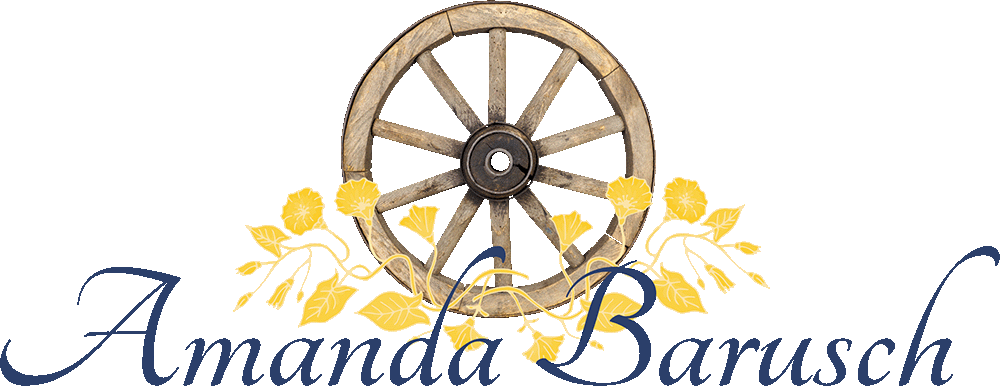Truth and Stories
Stories are essential to our personal and collective development, so narrative is a vital component of any enterprise that seeks to understand what it means to be human. In narrative methods science and the humanities merge, generating insights and revealing meanings that are intensely personal, broadly relevant, and inevitably fluid. This, I think, is the nature of truth. I like Hanah Arendt's definition of storytelling: an activity that "reveals meaning without committing the error of defining it." (Men in Dark Times, 1973, p. 107).
But hey, facts matter, even in a post-modern universe; as Oprah learned from the A Million Little Pieces debacle. A few hours in jail simply does not equal 87 days in prison, and James Frey pulled a fast one there. (So, is the guy who wrote The Blood Runs Like a River Through My Dreams really a white man posing as Native American? Ethnicity is socially, not personally constructed, eh?) Constructed universe aside, when people lie for personal gain we feel betrayed. When people don't "get their facts straight," we feel contempt. Yes, facts matter.
Here we have both the strength and the Achille's heel of the scientific method. Strong on facts - weak on meaning. Great on details - missing the big picture. Could narrative methods get us past this? Can we merge the precision and accuracy of traditional scientific methods with the evocative lyricism of the humanities? Or would it be like trying to combine oil & vinegar?
